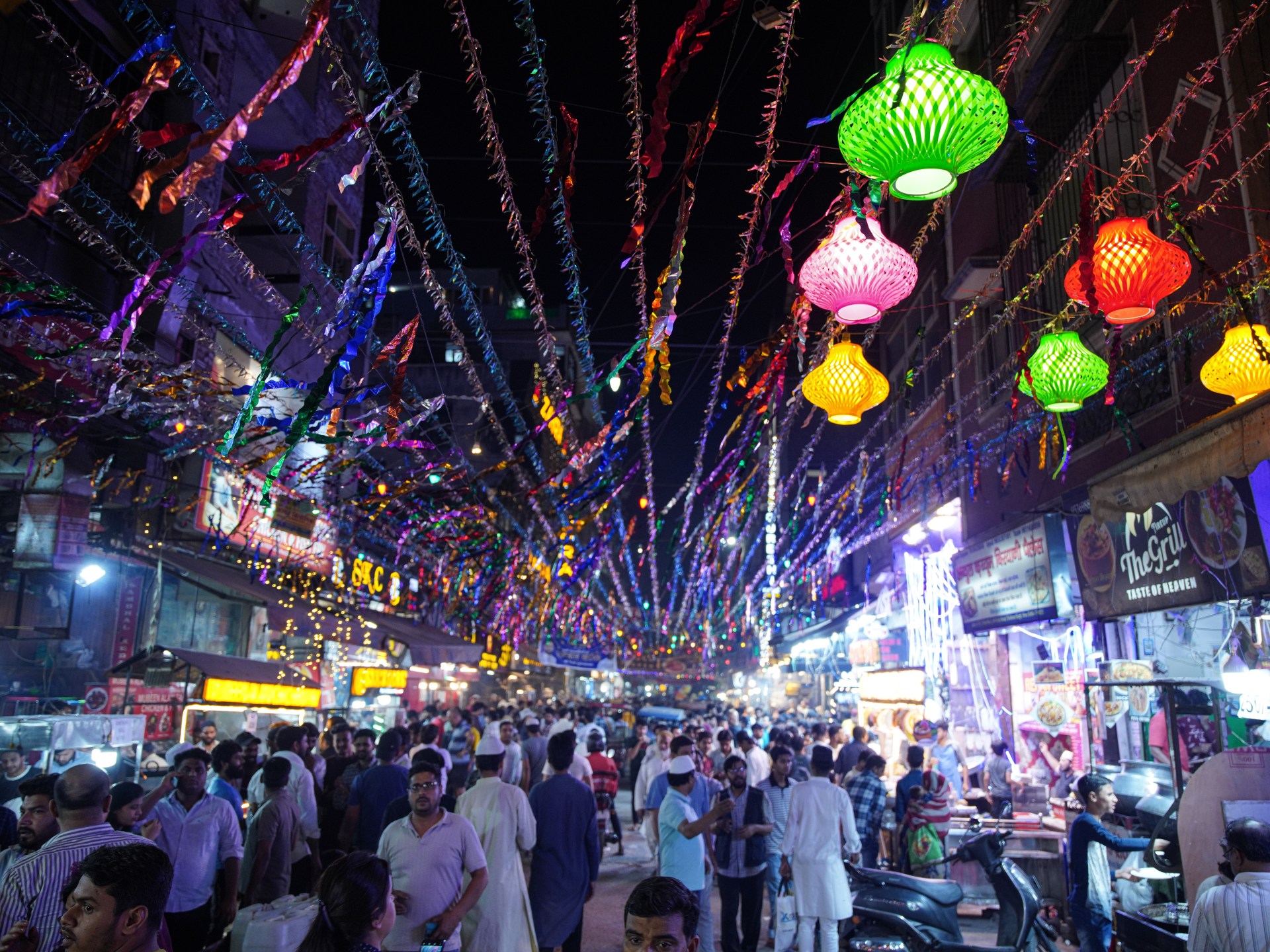
Shaheen Bagh, India’s citizenship law protest site, Delhi’s newest food hub
Al Jazeera
The mainly Muslim neighbourhood, once the site of a months-long sit-in, now draws foodies from around the world.
String lights line the street and wafts of barbecue smoke fills the air as the evening envelopes Chaalis Futta Road in the Shaheen Bagh neighbourhood of the Indian capital.
The market area is crowded with people who have come here for iftar, to break their fast during the holy month of Ramadan. The hustle and bustle lasts throughout the night until people do their suhoor, the pre-dawn meal that Muslims have before starting their fast.
Shaheen Bagh, a working-class Muslim neighbourhood in southeast Delhi, made global headlines in the winter of 2019-20 when its residents, mainly women, occupied a highway near the neighbourhood that connects the capital city to the satellite city of Noida.
The sit-in protested against the Citizenship Amendment Act (CAA), a law passed by the Indian government in December 2019 – and implemented last month – with the aim of fast-tracking the naturalisation of non-Muslim refugees from three neighbouring countries. Protesters demanded the revocation of the law, which they said discriminates against Muslims and violates the principle of secularism enshrined in the Indian constitution.
The occupation, which lasted more than three months and inspired a wave of mass protests against the Hindu nationalist government of Prime Minister Narendra Modi across the country, was ended in March 2020 by the coronavirus pandemic.
